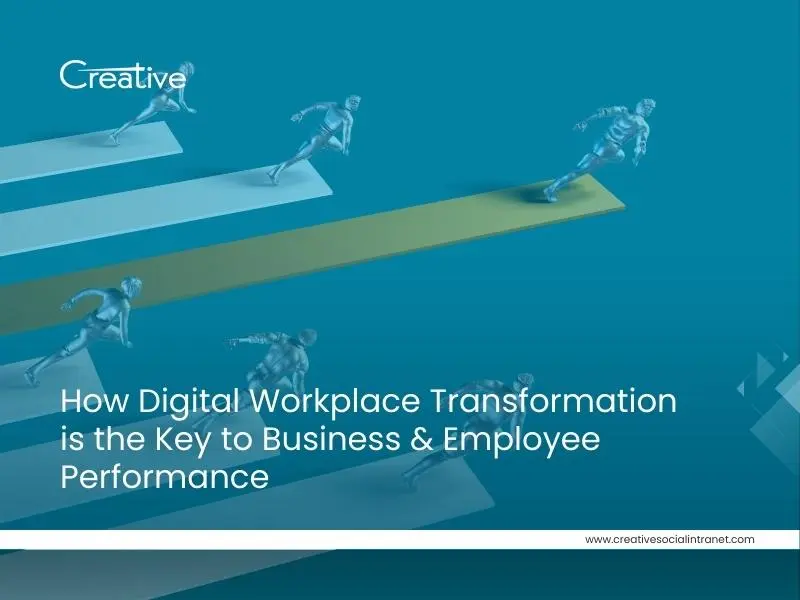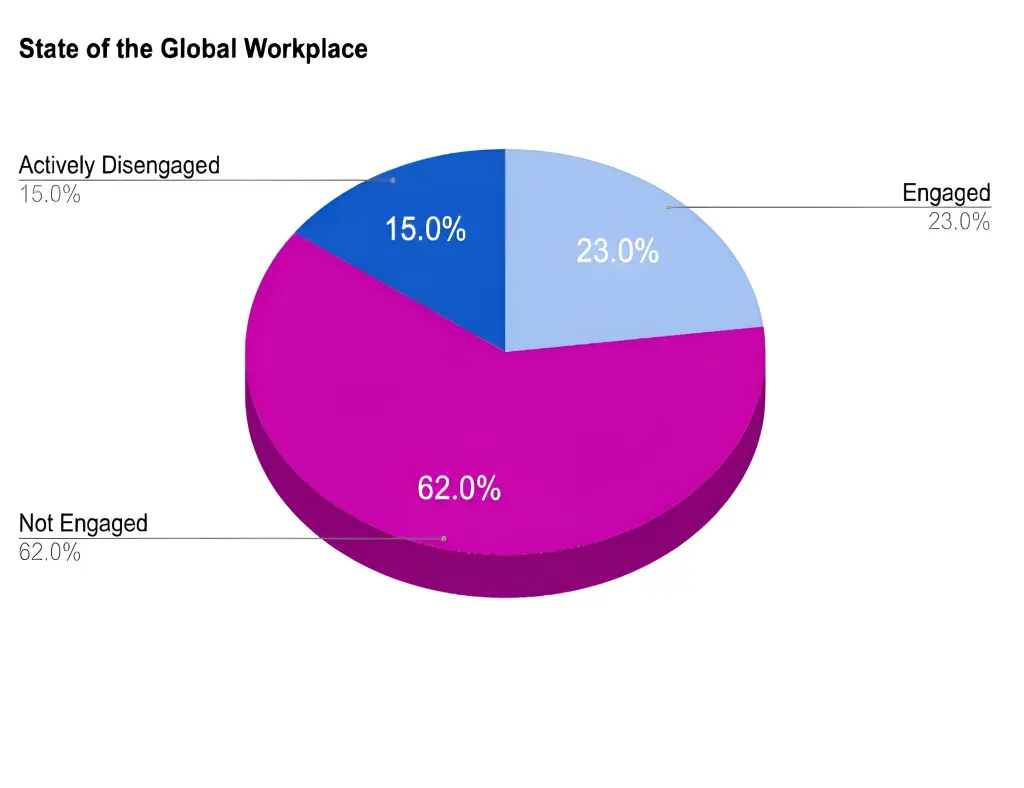Employee Engagement: A Key Performance Metric Since 2020
Date: 21-Jun-2024

Employee engagement has played a vital role in organizational success, especially since 2020. Amidst pandemic, there has been a global shift in work dynamics.
“According to the research done by Gallup, employee engagement in operational and decision-making activities has significantly driven business outcomes. It highlights why employee engagement has grown in importance and how it serves as a pivotal metric for performance”.
Engaged employees are emotionally committed to their organization and its goals, they are Involved, enthusiastic, and contribute positively to their workplace.
“A report on State of the Global Workplace by Gallup shows that globally employee engagement is at 23%, matching the record high from 2022. However, 62% of employees are not engaged, and 15% are actively disengaged”.

The COVID-19 pandemic disrupted traditional work environments, pushing many organizations to rethink their employee engagement strategies. Remote work, economic uncertainties, and shifts in job market dynamics required businesses to focus more on the well-being and motivation of their workforce. During these challenging times, employee engagement became an even greater predictor of business unit performance. Engaged employees tend to be more resilient, committed, and productive, particularly when facing adversity.
The critical role managers play in fostering employee engagement. Great managers at the business-unit level have a more impact on engagement than macroeconomic factors like labour policies and job market vibrancy. Managers who empower, support, and connect with their teams can significantly elevate engagement levels. This finding underscores the need for organizations to invest in leadership development and managerial effectiveness.
The economic implications of employee engagement are substantial. Teams who are more involved, excel in talent retention, customer service, quality output, and overall business outcomes. Conversely, $8.9 trillion in lost productivity globally is the cost of disengaged employees.
The economic implications of employee engagement are substantial, administrative bodies who empower, support, and connect with their teams can significantly elevate economic engagement levels.
In the post-pandemic world, the importance of employee engagement is more evident than ever. With hybrid and remote work models becoming the trend, organizations must find innovative ways to keep their teams connected and motivated. This means investing in manager training, creating a supportive work culture, and adapting to new work environments. These steps are essential to maintaining high levels of engagement and ensuring that employees feel valued and inspired.
Since 2020, employee engagement has become a critical measure of performance. By prioritizing engagement through effective management and supportive policies, businesses can achieve better performance, higher profitability, and a more motivated workforce. For leaders aiming to elevate their workplace, focusing on employee engagement isn’t just a good strategy—it’s essential for success.
Discover more about how our Creative Intranet Software can enhance your employee engagement strategies.
ENGAGEMENT DRIVE PERFORMANCE